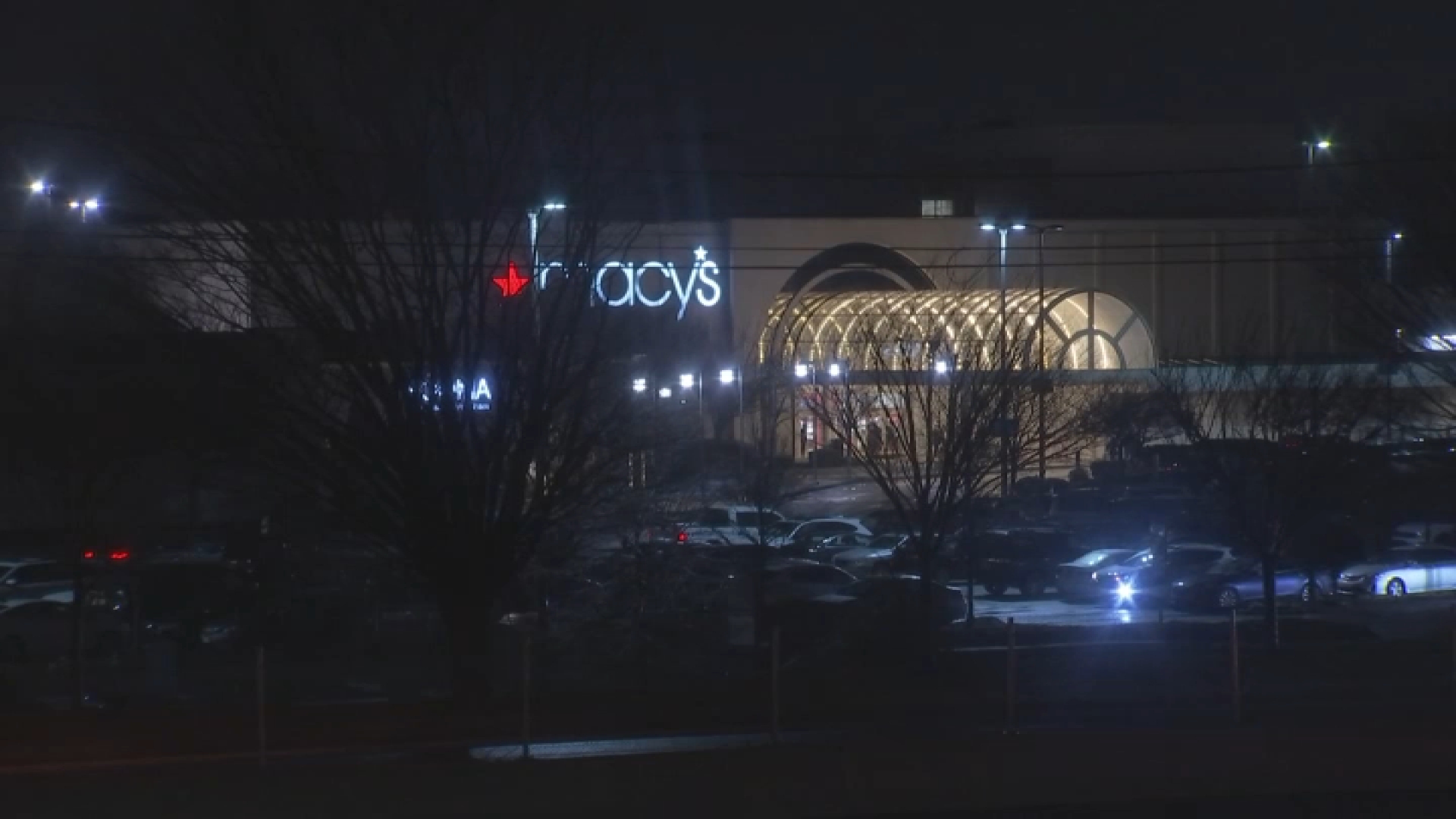Medical device manufacturer Howmedica Osteonics Corp. of Mahwah, New Jersey, has agreed to pay more than $1 billion to thousands of patients who received faulty hip implants.
Local participants say the settlement is notable not only for its high value but also for its unconventional process, which focused on speed and mediation rather than litigation.
Building a better mousetrap
The devices at the center of the settlement are two of Howmedica's modular hip implants, the Rejuvenate and ABG II. They were intended to offer patients additional customization, but the metal-on-metal design was fundamentally flawed. Parent company Stryker recalled them in 2012 after they were discovered to deteriorate and corrode.
"It's a product of the competitiveness in the industry to build a better mousetrap," said Tobi Millrood, one of the plaintiffs' lawyers. "Although it might have been good on paper, practically speaking, it really never could have worked."
With use, the metal parts rubbed together and debris accumulated in the joint; some patients developed metal poisoning. In many cases, dead tissue built up around the implant, causing extreme pain and sending patients back for corrective surgery within just a few years.
A unique approach to settlement
The first lawsuit was filed in Bergen County, New Jersey, several weeks after the recall. About 4,000 lawsuits followed from the across the country, and the judge hearing the first case, Brian Martinotti, began consolidating the suits.
But in recognition of the advanced age of many of the hip implant patients, he decided to do something different. Martinotti appointed former U.S. magistrate Diane Welsh, now of JAMS in Philadelphia, as a mediator to first hear 21 cases.
Local
Breaking news and the stories that matter to your neighborhood.
Under this approach, company representatives sat down and listened to patients telling their stories.
"A sterile medical record, even if it's detailed," explained Welsh, "is no substitute for seeing the person and hearing from them face to face."
When it came time to discuss the larger settlement, she said, it was clear prompt compensation was a priority.
"What we came to appreciate on a deep level was that, for these people, justice delayed would truly be justice denied," Welsh said.
In the end, the negotiations took just four months.
"I think Stryker, by participating in these mediations, learned very early on the patient population they were dealing with; some of the struggles the patients were having," said Millrood, "and responded by doing the right thing."
In addition to the unprecedented speed, attorney Thomas Anapol said that compared with previous hip implant settlements, this one is better for patients.
"This is, without a doubt, the strongest, highest-value base award with the fewest reductions for folks that have been injured," said Anapol, who represented about 50 clients from the Philadelphia area and served with Millrood on the Plantiffs' Steering Committee.
Compensation starts at $300,000 per hip, as long as the implant failed and required revision surgery on or before Nov. 3, the day of the agreement. Awards climb to a maximum of $1.7 million per patient for those with the worst complications.
Only phase one
Unlike most settlements, Welsh emphasized, there is no cap to the total amount paid by the company, and there is a provision for patients experiencing new complications in the next two years to seek more damages. Patients who have yet to have trouble with their implants are not eligible.
Millrood said for that reason, this settlement is likely just the first of many. Anapol agreed.
"There are folks that are finding out today, next week and next month that the hip is failing," he said. "We don't know definitively if all of them are going to fail, although we suspect the number will be very, very high."



